Loudspeakers are generally expected to last for decades. This is, of course, dependent on the type of speaker and how well you maintain them. In fact, quality speakers can last more than 20 years and some up to 50 years.
Factors That Affect Speaker Lifespan
Speakers, just like other electronic devices, wear out after some time. However, some factors contribute to ending their lifespan.
Material. The material that made the speaker largely contributes to how long it lasts, especially if it is a speaker that you consistently move around with. Look for long-lasting materials such as carbon and Kevlar when you are purchasing your speaker.
System updates. When a manufacturer stops issuing updates, chances are the speaker will start deteriorating. If this happens, it may be time to upgrade your speaker.
Type of speaker. There are two main types of speakers- passive and powered. Passive speakers need an amplifier, while powered speakers have an integrated one. If you use an amplifier with your powered speaker, you are bound to destroy it.
Brand. It goes without saying that some speaker brands have better quality speakers than others and their equipment, therefore, lasts longer. That is why it is good to do adequate research before buying.
Placement. Where you ultimately place your speaker is definitely bound to affect how long the speaker lasts. Different things can affect the speaker, such as:
- Dust. Dust affects your speakers by interrupting the electric signals causing distorted sound. Dust can also cause the fan in the speakers to stop working, causing overheating.
- Water. I am sure by now you know water and electronics are not friends. Not only can water destroy the wiring, but it can also destroy any metallic element in your speaker. Make sure that your speakers and amplifiers do not come in contact with water, especially if they are not waterproof speakers.
- Extreme heat. Extreme heat can damage your speakers. If you place them in the direct sun, they can easily become overheated, causing their electromagnetic voice coils to be damaged.
Frequency of use. The more you use the speakers, the faster they will degrade. This is not to say that you should be afraid of using them. There are many factors at play, and this is just one of them.
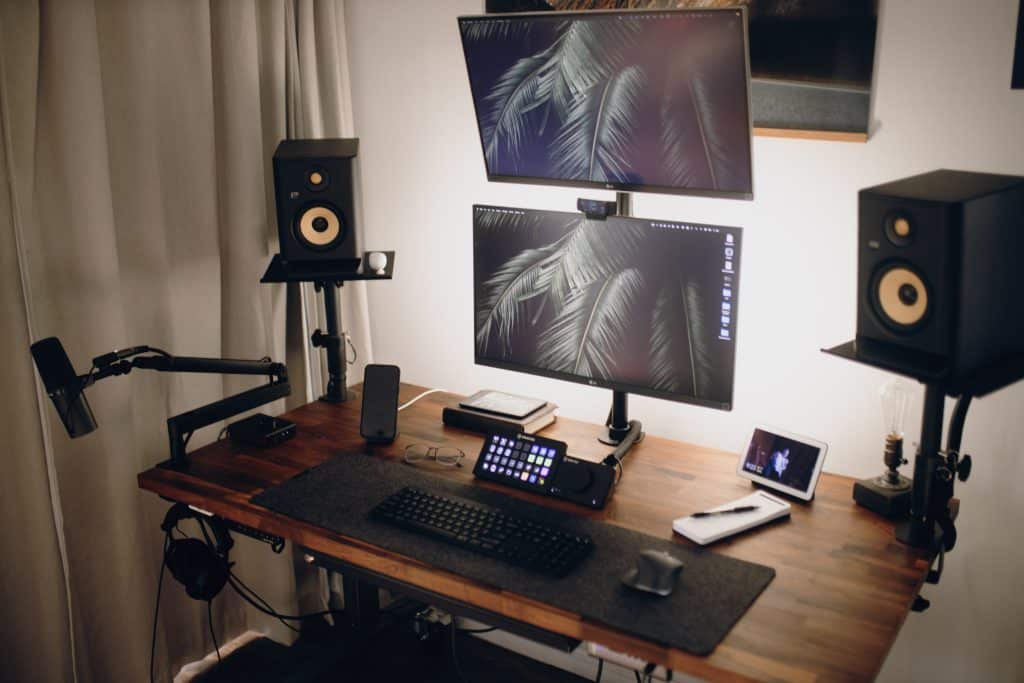
How to Make Loudspeakers Last
Considering how expensive speakers can get, we always want to ensure they last us a great while. There are several measures one can take to ensure that speakers last long.
Research Before Purchasing
Treat your speaker like an investment. When you are ready to buy a car or house, there are a number of things you check before settling on one. In the same way, in your quest to find something affordable, there are certain features to look out for such as:
- Sound quality. Always check the quality of the speaker’s sound before you purchase it. If you are shopping for the speaker online, you can check reviews of the product.
- Durability. Thankfully, technology has advanced how speakers are designed. As mentioned earlier, look for speakers made of materials like Kevlar or carbon fiber. Cheap can be expensive in the long run.
Read Instructions
I know we can get too eager to use our shiny new toys but always read the instruction manual. If the speaker did not come with one, you could always find one on the manufacturer’s website.
Reading the manual will assist you in knowing how to wire your speakers correctly. Connecting the wrong inputs can blow out your speakers or amplifier. If you are unsure of the installation process, get someone who understands it to do it for you.
Use Them for Their Purpose
If you use speakers the way they were designed to be used, your speakers will last a long time. For example, do not connect a powered speaker to an amplifier. This will damage either one or both.
Use a Surge Protector
If you are in an area with frequent power cuts or in a building whose wiring is not done properly, use a surge protector or voltage regulator to protect the speakers from sudden power surges.
Check the Environment
Always place the speakers somewhere conducive, preferably in a ventilated place. Do not place bookshelf speakers on the floor. Do not leave them outside where they can be affected by the elements of weather as it can corrode them. Unless, of course, they are outdoor speakers. In addition, If your speakers have cables, make sure they are also placed in a way they cannot wear and eventually cut.
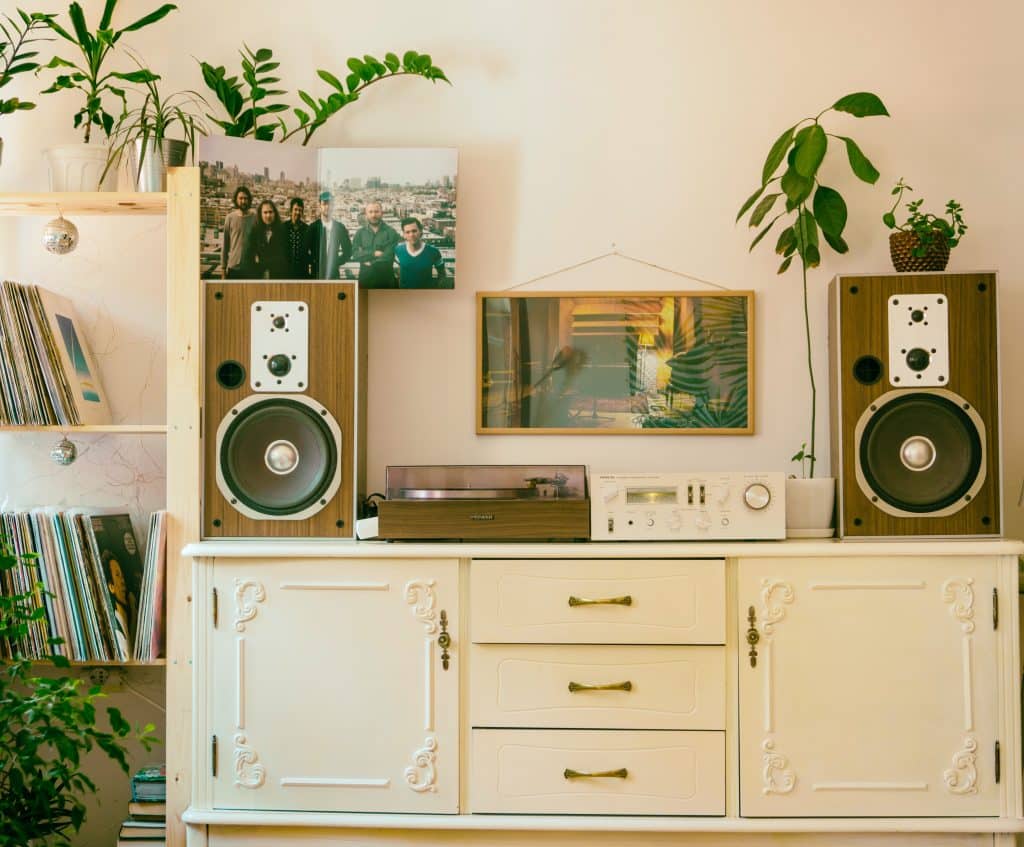
Clean Them
Clean up your speakers to avoid them from accumulating dust and other dirt particles. As you clean, be as gentle as possible. Also, do not use water and soap to clean your speakers.
Volume
Turning up the volume too loud and continuously will damage your speakers. Check out your speakers’ specifications to know how loud it is, too loud. One way to balance your volume is to stay within the reference level.
Now that you know how to take care of your speakers, you can expect them to last longer.

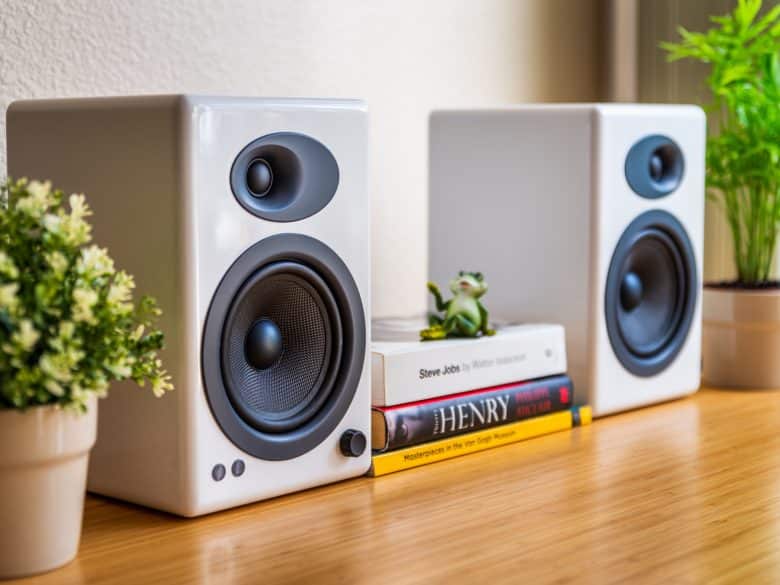






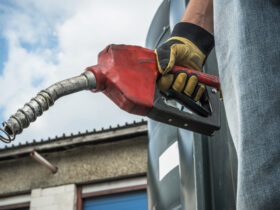


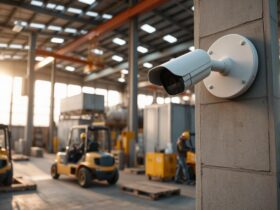
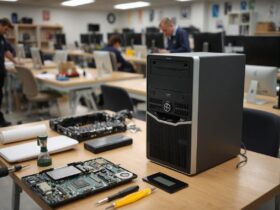
Leave a Reply